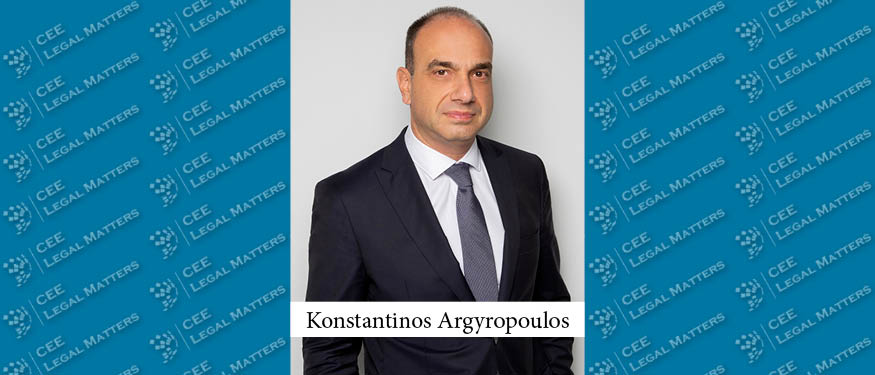Montenegro's Law on Games of Chance (the "Law") was enacted in 2004 and has undergone multiple amendments since. The most recent ones came into effect on 1 January 2024. The aim of the amendments, as stated by the competent authorities, is to ensure a sustainable regulatory system for organising games of chance via the internet or other telecommunication means, as well as to generate additional revenue from these activities.
This objective is to be achieved through measures aimed at establishing a variable concession fee for the organisation of online games of chance, a provision not envisaged in the prior legal framework in this area. Another measure to achieve the set goal is to introduce a ban on participation in foreign games of chance via the internet and other telecommunication means for which bets are paid on the territory of Montenegro.
To achieve these objectives through the proposed measures, several amendments to the Law have been proposed and adopted:
- The concept of organising games of chance through the internet or other telecommunication means has been clearly defined for the first time.
- A ban has been introduced on participation in foreign games of chance for which bets are paid within the territory of Montenegro, regarding the organisation of internet betting. Therefore, the competent authorities are now obliged to restrict access to the websites of gaming organisers who accept payments for games of chance from players in Montenegro, through the blocking of IP addresses by an independent regulatory body in the field of electronic communications, as well as the prohibition of all types of payments to foreign organisers. Furthermore, the competent authority is required to maintain and publish a list of unauthorised online gaming organisers ex officio.
- A higher annual fixed fee per casino has been introduced, now amounting to EUR 100,000 instead of the previous EUR 50,000. Additionally, the variable fee for organising games of chance in casinos has increased from 10 % to 15 % of the base.
- A prohibition on organising games in residential-commercial buildings has been introduced.
- A new regulatory framework has been established for the organisation of games of chance on the internet. The most significant changes involve defining the conditions and methods of player registration and identification, as well as establishing the obligation to pay the variable portion of the concession fee for organising betting games of chance over the internet, as well as for organising games of chance in virtual casinos and online slot games. The fee is calculated at a rate of 10 % of the base, which consists of the total amount of stakes reduced by the value of payouts and is paid by the fifteenth of the month for the previous month. The fixed part of the concession fee amounts to EUR 10,000 for all the aforementioned types of games of chance organised over the internet. Additionally, with the introduction of the new Article 68f of the Law, it is stipulated that payments for organising games of chance over the internet can only be made through payment cards or at the premises where games of chance are organised in accordance with the Law.
The new legislative solution has not escaped scrutiny from interested market participants, especially regarding the controversial Article 68f. There has been particular attention in the public sphere to the reactions of associations of gaming organisers, which, through various reviews, have questioned the justification, sustainability and legality of the provision stipulating that payments for organising games of chance over the internet can only be made through payment cards or at the premises where games of chance are organised.
In response to the reaction of the association of gaming organisers, a petition was initiated, gathering over 25,000 signatures. An initiative was subsequently submitted to the Montenegrin Parliament to repeal Article 68f. In addition, another initiative was lodged with the Constitutional Court of Montenegro to review the constitutionality of Article 68f.
The competent authorities are currently processing these initiatives. Meanwhile, legal experts and the general public eagerly await more answers to these legally and practically intriguing questions in the coming period.
By Ana Ivanovic, Attorney at Law, Schoenherr
















